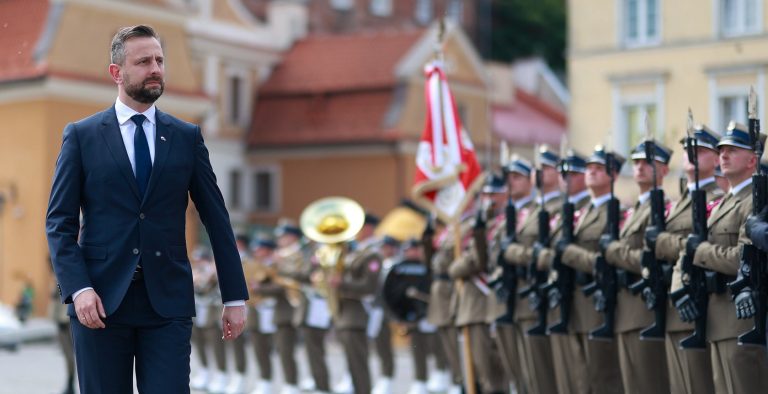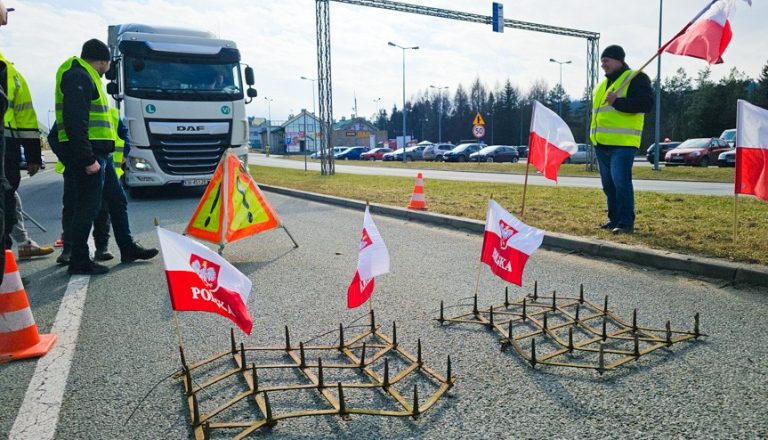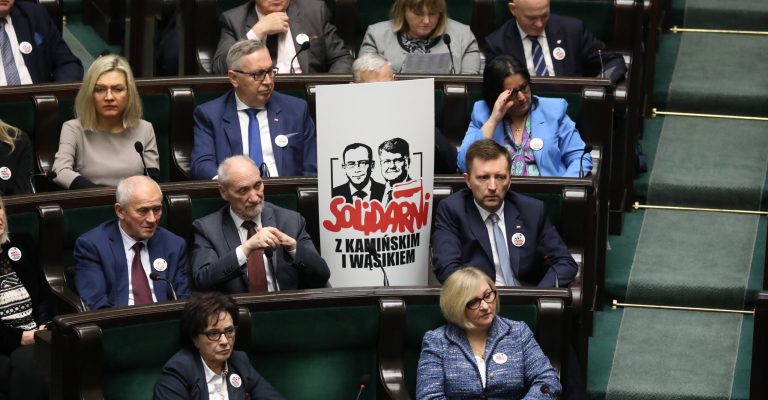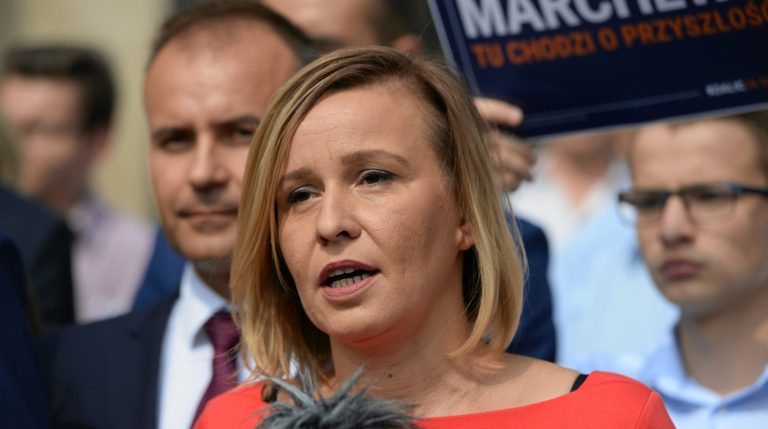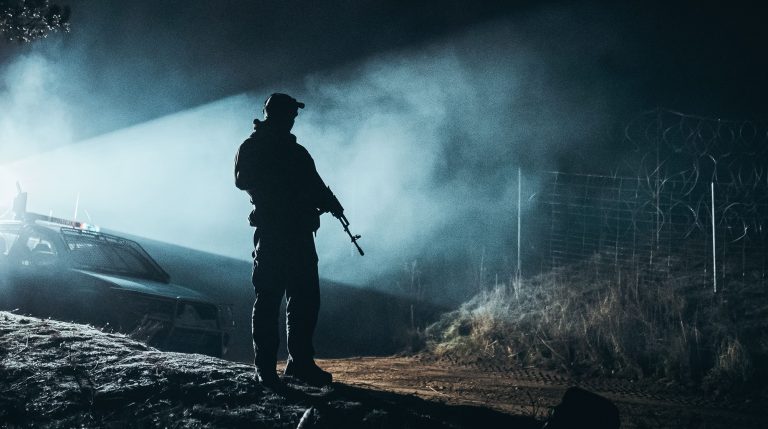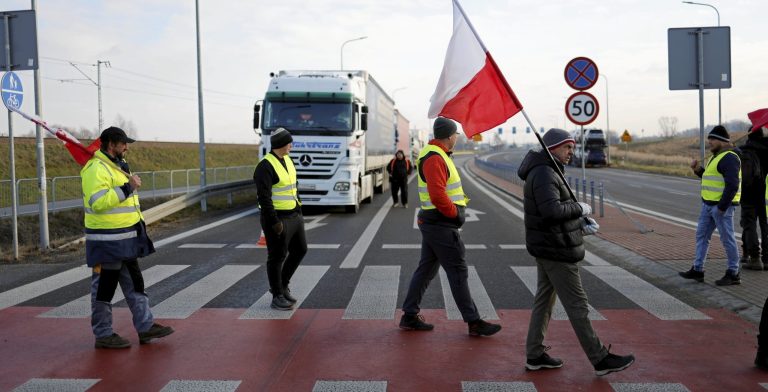Poland bans entry of cars with Russian licence plates
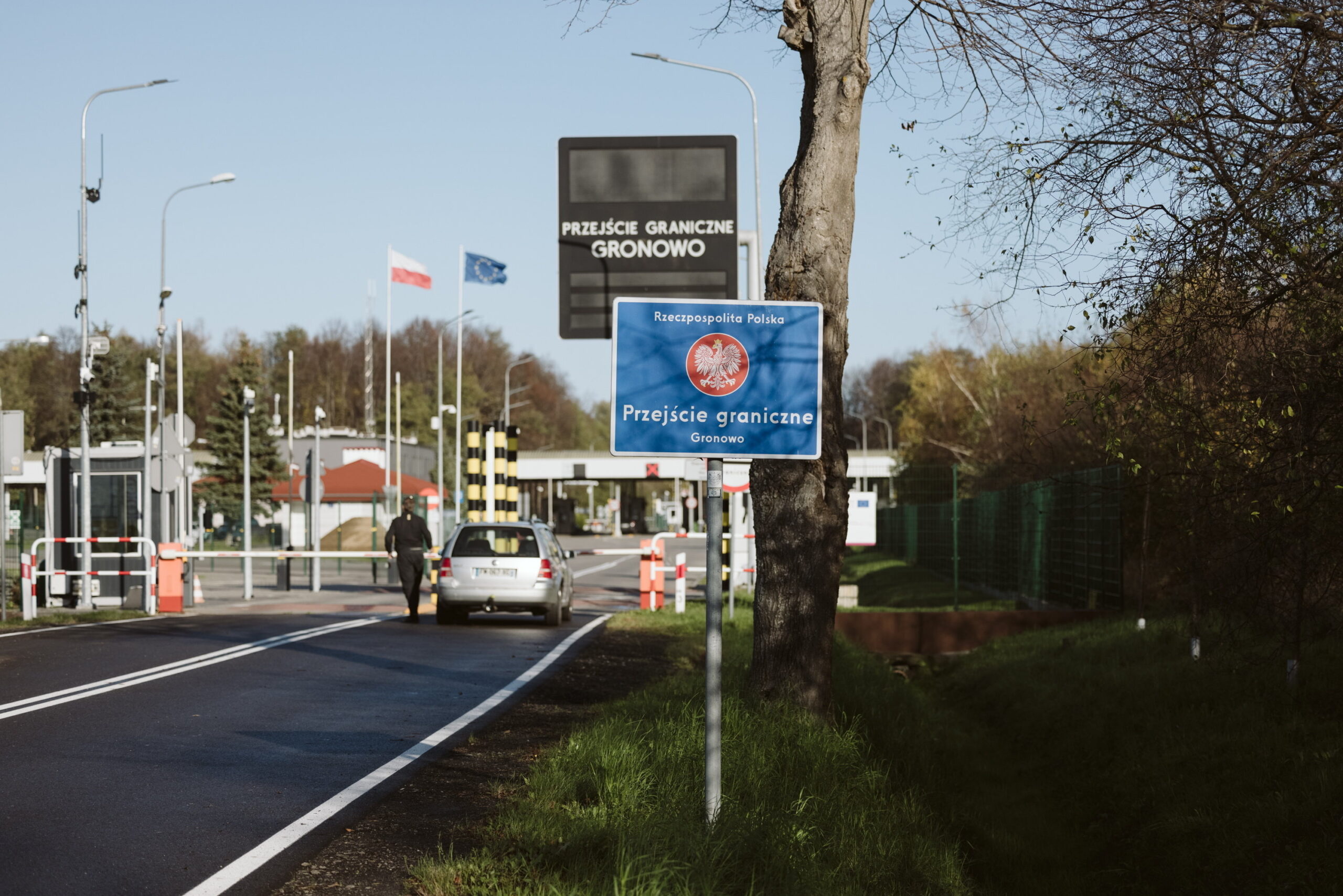
Poland has banned Russian-registered cars from entering its territory, with the measures going into force at midnight today. It notes the decision stems from EU sanctions against Moscow. Finland and the three Baltic states have also introduced bans on Russian cars in recent days.
Meanwhile, Prime Minister Mateusz Morawiecki has announced that the government plans to build a wall along its border with Russia.
🛑 Zakaz przywozu samochodów osobowych zarejestrowanych w Rosji 🇷🇺 i budowa zapory elektronicznej na Bugu – oświadczenie ministra @Kaminski_M_ 📄
🔗 Szczegóły w komunikacie ⤵ https://t.co/I3uYSvOv1I
— MSWiA 🇵🇱 (@MSWiA_GOV_PL) September 16, 2023
The ban on Russian vehicles was announced today by interior minister Mariusz Kamiński. “Russian trucks were already banned,” he noted, referring to a decision made in May. “Now no Russian cars will enter Poland, both those used commercially and private vehicles, regardless of whether they are driven by a Russian citizen or not.”
Kamiński noted that the decision comes in the wake of new guidelines issued by the European Commission last week. They clarified that, under existing sanctions, Russian-registered cars should not be allowed to enter the bloc, even if only temporarily and for non-commercial purposes.
That resulted in Lithuania announcing on Tuesday that it would ban the entry of Russian cars, with the exception of those transiting to the Russian exclave of Kaliningrad. Though Poland also borders Kaliningrad, its measures do not appear to include any exception for vehicles heading there.
Lithuania was then followed by the other two Baltic states, Latvia and Estonia, with Finland then implementing its own ban from midnight on Friday. The spokeswoman for Russia’s foreign ministry, Maria Zakharova, condemned those moves as “racism pure and simple”.
Starting from today, in 1⃣6⃣ minutes to be precise, #Estonia🇪🇪 will deny entry to all Russian registered vehicles.
They are not welcome here to enjoy privileges freedom has to offer until #Ukraine🇺🇦 has achieved victory.
— Margus Tsahkna (@Tsahkna) September 13, 2023
Separately on Friday, Morawiecki announced plans to build a wall on Poland’s border with Kaliningrad. There is currently a razor-wire fence along the 200-kilometre frontier, and the government earlier this year began construction of an electronic barrier consisting of cameras and sensors.
“We will create an appropriate physical barrier along the entire border with the Królewiec Oblast, so that residents can feel safer,” Morawiecki told Radio Olsztyn, using the updated official Polish name for the Russian exclave that was adopted earlier this year.
Poland’s road authority has begun to remove the name of Russian exclave „Kaliningrad” from signs and replace it with the historical Polish name „Królewiec”.
Last month, a government body advised that the change should be made, as we reported here: https://t.co/JUw85rdeYi pic.twitter.com/oRKxhvS62p
— Notes from Poland 🇵🇱 (@notesfrompoland) June 1, 2023
Main image credit: Martyna Niećko / Agencja Wyborcza.pl
Daniel Tilles is editor-in-chief of Notes from Poland. He has written on Polish affairs for a wide range of publications, including Foreign Policy, POLITICO Europe, EUobserver and Dziennik Gazeta Prawna.

